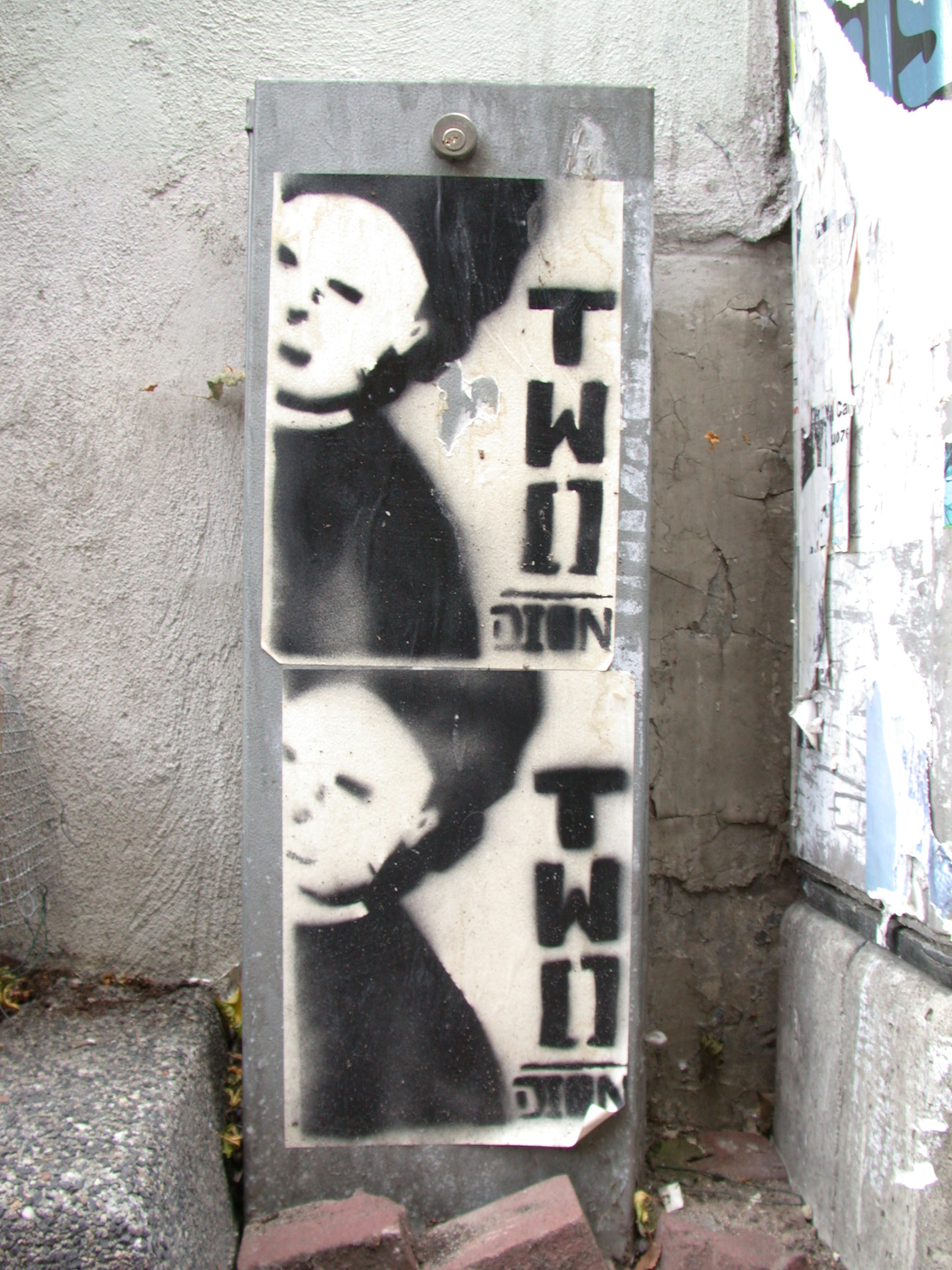
 I picture a place on the grounds of a Buddhist temple where the priests don't usually go. Tanjo Temple (Tanjôji) in Kamogawa City in Shimôsa Province (present-day Chiba Prefecture) literally means, "Nativity Temple." It was built 52 years after the birth of the Buddhist patriarch Nichiren. Originally, I had the bell "ring," but Shinji Ogawa advises, "A Japanese mountain bell (or temple bell) is so huge that it rather peals than rings." I then changed it to "clang"--a stronger, louder sound, though the temple bells that I heard in Japan sounded more like BONGGGGGGGgggggg! Issa is perversely proud of the fact that he hasn't put up, at his house, the traditional New Year's pine-and-bamboo decoration. The traditional pine-and-bamboo decoration ensures prosperity for the new year. Told her I didn't know anything, which considering we've worked together for three years now, is oddly true. His mother died when he was a child, 먹튀 사이트 and Mtkakao.com his father died two years before the composition of this haiku. At dusk, even though the sky was already dark, glimmers of twilight lingered on the surfaces of water; En village de miséreux (1996) 235,
I picture a place on the grounds of a Buddhist temple where the priests don't usually go. Tanjo Temple (Tanjôji) in Kamogawa City in Shimôsa Province (present-day Chiba Prefecture) literally means, "Nativity Temple." It was built 52 years after the birth of the Buddhist patriarch Nichiren. Originally, I had the bell "ring," but Shinji Ogawa advises, "A Japanese mountain bell (or temple bell) is so huge that it rather peals than rings." I then changed it to "clang"--a stronger, louder sound, though the temple bells that I heard in Japan sounded more like BONGGGGGGGgggggg! Issa is perversely proud of the fact that he hasn't put up, at his house, the traditional New Year's pine-and-bamboo decoration. The traditional pine-and-bamboo decoration ensures prosperity for the new year. Told her I didn't know anything, which considering we've worked together for three years now, is oddly true. His mother died when he was a child, 먹튀 사이트 and Mtkakao.com his father died two years before the composition of this haiku. At dusk, even though the sky was already dark, glimmers of twilight lingered on the surfaces of water; En village de miséreux (1996) 235,
p>
Literally, the poem ends, "people's rice" (hito no meshi), which I formerly translated, "human food." Shinji explained that hito in this context means "unrelated persons," and so the haiku alludes to the poet's long, bitter exile from his native village. If Issa is writing about himself, the poem is quite melancholy: the son soaked in the winter rain, returning to his parental home where no parents are living. However, if we read the poem without reference to Issa's life, it seems more hopeful: a son returns to a warming hearth and loving parents. A happy slice-of-life poem involving a boiling pot, a wooden lid, sound, and (implied) smell. I keep thinking about Issa feeling dark about his moon and flowers and wasting of time. I'm grinning as I think just maybe Issa's thinking this might be a luxury a lowly poet would happily avoid! In the case of this haiku, he believes that Issa might be referring to the latte
p>
 Nazuna (shepherd's purse) is one of the seven herbs of health that are eaten in a gruel on the seventh day of First Month, Mankind's Day. This haiku refers to the sound of the herbs being pounded into a gruel. Wakana (young greens or herbs) are picked on the sixth day of Firsth Month--a traditional New Year's observance. Issa refers to the traditional pine-and-bamboo decoration (kadomatsu) on New Year's Day, the first day of spring in the old Japanese calendar. People are pounding New Yearâs rice cakes; their sound in the morning is a rooster substitute. Literally, the food is "rice" (meshi). Literally, the haiku ends with "tobacco" (tabako kana). In my first translation, I had the phrase, "trusting in Providence," but Shinji Ogawa explains that, while tentô can mean Providence in certain situations, here it signifies, literally, the sun. Is Issa implying that he cut down the tree but regrets it, now that he needs a rain shelt
Nazuna (shepherd's purse) is one of the seven herbs of health that are eaten in a gruel on the seventh day of First Month, Mankind's Day. This haiku refers to the sound of the herbs being pounded into a gruel. Wakana (young greens or herbs) are picked on the sixth day of Firsth Month--a traditional New Year's observance. Issa refers to the traditional pine-and-bamboo decoration (kadomatsu) on New Year's Day, the first day of spring in the old Japanese calendar. People are pounding New Yearâs rice cakes; their sound in the morning is a rooster substitute. Literally, the food is "rice" (meshi). Literally, the haiku ends with "tobacco" (tabako kana). In my first translation, I had the phrase, "trusting in Providence," but Shinji Ogawa explains that, while tentô can mean Providence in certain situations, here it signifies, literally, the sun. Is Issa implying that he cut down the tree but regrets it, now that he needs a rain shelt
/p>
In winter, the birdsong, especially that of a warbler, is not fully developed due to the low sex-drive. Also, you are not supposed to touch them during that inactive time; it can prevent them from molting. The important matter is that it is Issa who is brazening glaring at himself wrapped in the futon; he looks like St. I wonder if Issa might also be recognizing the ancientness of the mountain village scene: this cat, this bush clover, are exactly like the cats and bush clover from olden times. The mosquito swarm is shaped like a column (hashira). Raindrops patter on the pan; the person under it--child, man, woman or Issa--strides forward unabashed. The poem strides forward syllable by syllable into the sparkling dew, arriving finally at: a crow! The Wolf Stumbles," referring to a poem in the ancient Chinese classic Shi Jing. The poem begins, âThe wolf stumbles on its own dewlap,/ Trips on its own tail." Tran.